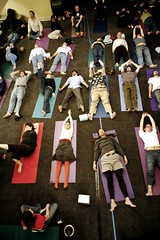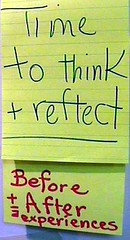When Blogging is a Lifeline
Family Oral History Using Digital Tools
Mind Maps on Us/Them: A Blog Conversation Survival Guide
Troll Caps, Scribblers, Disemvowellers - Whadday do with blog comments?
The NTC Blogging Panel Blog � Blog Archive � Burning Questions, Notes and What’s Next?
Stories from the Field of Hosting: A Woven Story
:: Who is an “aid worker”? :: March :: 2006
Online Group Interaction: Looking Back, Looking Forward
Magic Groups - A ScreenCast by Zack Rosen
Welcome to blogging, Janet and Germtales
Tree Bressen's Facilitation Resources
The Panel I Missed at SXSW
Video Bomb - Halcyon At SXSW
The Treatment is Dialogue
KnowTIPS.ca - Three Free Passes!
I'm guest blogging: what should I say?
Looking at Patterns of Online Interaction
What An African Woman Thinks
Emily Gertz Launches OneAtlantic
Inspiration <<-->> Cultural Appropriation
The EdNA Digital Storytelling Network
Are we strangers? A preemie parent's story on Flickr
Stephen Downes Takes a Pause
Lucie and Allison: Useful, Human Voices
NGO Learning Wiki and Other Learning Resources













